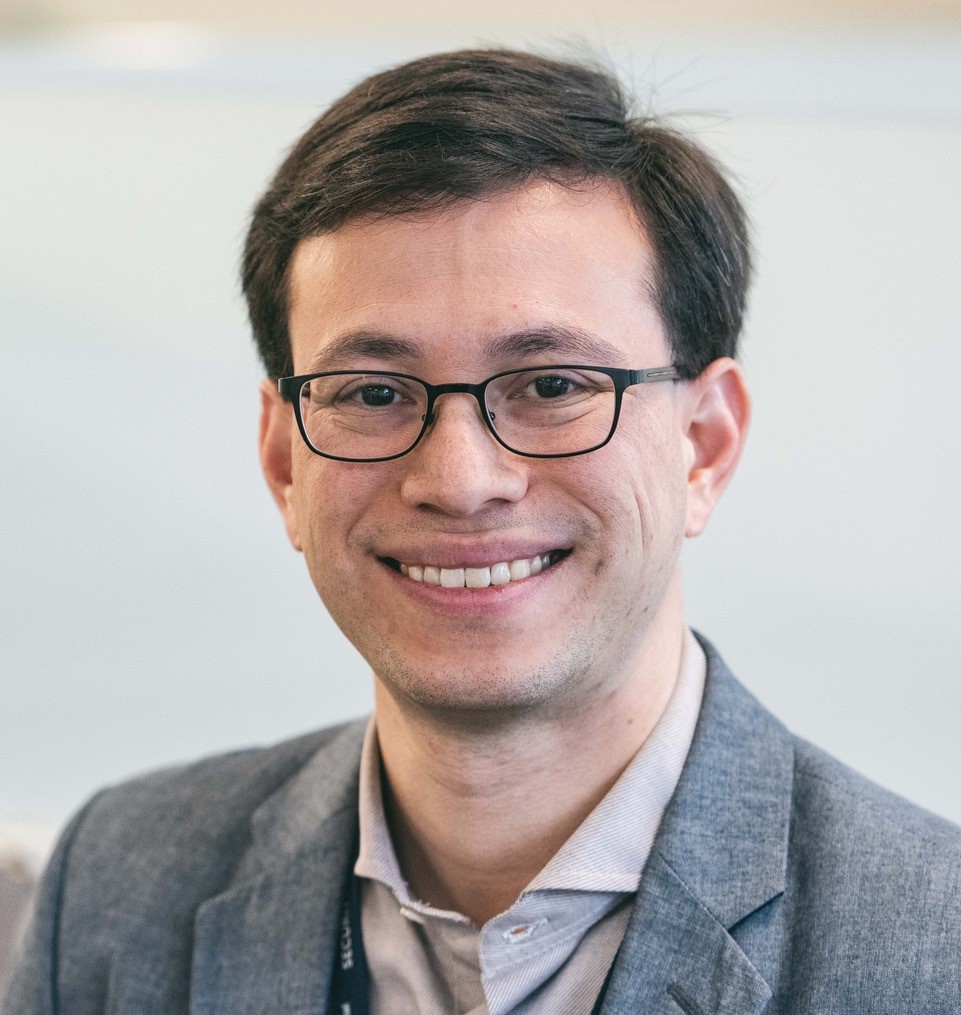Meet our Investigators: Alexander Cohen, MD, PhD
How long have you been a member of the IDDRC? Which organization and department do you work for?
I joined the IDDRC in 2020 and I am an Instructor in the Neurology Department here at Boston Children’s Hospital.
What is your main research focus and work?
My current research focuses on identifying which brain circuits are involved in specific symptoms common in autism spectrum disorder. To do this, I collect neuroimaging data from clinical cohorts with brain injury or focal developmental anomalies along with behavioral outcome measures. This allows me to generate a hypothesis based on the cause-and-effect relationship between specific brain networks and specific symptoms and then validate these insights with prospective fMRI studies in children and adolescents with autism. My goal is to see whether influencing these brain circuits with non-invasive neuromodulation such as TMS and real-time fMRI neurofeedback can be used as a new way to treat symptoms in a targeted way.
What led you to pursue research career and/or interest in IDD?
I have always been interested in how complex systems form. As I realized that the developing brain is more complex than anything else in technology or nature, an interest in Computer Science in high school led to a focus in Biomedical Physics and Neuroscience in college and graduate school, and then finally evolved to choosing Child Neurology and the study of Neurodevelopmental Disorders and Intellectual Disability as a career path. One of the most fascinating parts of Child Neurology to me is how a small change early on in development can lead to dramatic differences later on. Since these changes affect our patients over their whole lives, figuring out how to identify these changes early on and coming up with new ways support children who need additional help is a challenge that is both compelling and fulfilling.
Any comments on the services of a core/or particular equipment that advances your current research?
As I develop potential therapies with neuromodulation, I will utilize the IDDRC Clinical Translational Core’s variety of services for neurobehavioral and neurophysiology as well as clinical trial regulatory support. I am also the director of the new Rosamund Stone Zander Translational Neuroscience Center’s Data Organization Collaborative Service (TNC DoCS) which help research groups implement best practices in data organization and management and supports collaborative re-use of data across labs and studies.
Are you interested in collaborating or offering any collaborative opportunities? If yes explain briefly.
Yes! The work that I do is tremendously collaborative and only works in coordination with other research groups. I am always looking for collaboration with clinical researchers that study specific cohorts with focal brain changes and consistent behavioral phenotypes, as well as collaboration with researchers engaged in neuromodulation studies as this can be used to study brain networks directly. I’m also happy to engage in collaborations where combining an existing approach with network neuroimaging methods would be helpful.
Something fun/personal/ Interesting tidbit about you: favorite place to travel, pet, hobby, talent, funny story
Outside of work, one of my favorite activities has been learning to play the sitar and Indian Classical Music. I started learning about 15 years ago and the complex rhythms, melodies, and harmonics are a welcome change of pace from our technological world and a constant reminder that there is always more to learn in life.



